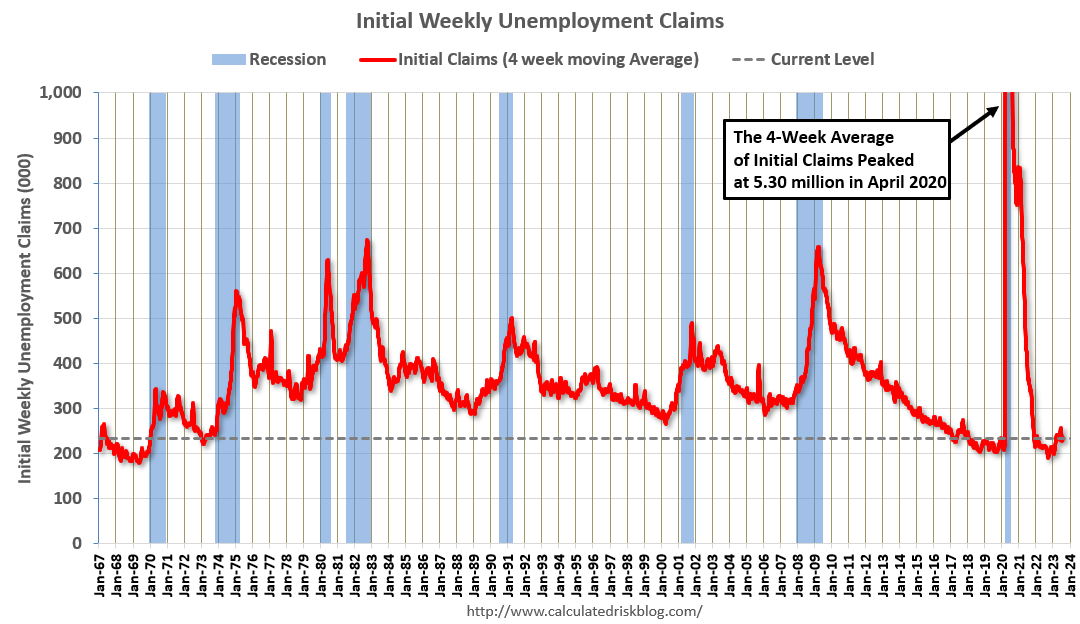Wednesday, August 16, 2023
Please note that in order to view the content for the
Bankruptcy Headlines
please
log in
if you are already an ABI member, or otherwise you may
Become an ABI Member
Tuesday, August 15, 2023
Please note that in order to view the content for the
Bankruptcy Headlines
please
log in
if you are already an ABI member, or otherwise you may
Become an ABI Member
Monday, August 14, 2023
Please note that in order to view the content for the
Bankruptcy Headlines
please
log in
if you are already an ABI member, or otherwise you may
Become an ABI Member
Thursday, August 10, 2023
Please note that in order to view the content for the
Bankruptcy Headlines
please
log in
if you are already an ABI member, or otherwise you may
Become an ABI Member
Thursday, August 10, 2023
Please note that in order to view the content for the
Bankruptcy Headlines
please
log in
if you are already an ABI member, or otherwise you may
Become an ABI Member
Wednesday, August 9, 2023
Please note that in order to view the content for the
Bankruptcy Headlines
please
log in
if you are already an ABI member, or otherwise you may
Become an ABI Member
Tuesday, August 8, 2023
Please note that in order to view the content for the
Bankruptcy Headlines
please
log in
if you are already an ABI member, or otherwise you may
Become an ABI Member
Friday, August 4, 2023
Please note that in order to view the content for the
Bankruptcy Headlines
please
log in
if you are already an ABI member, or otherwise you may
Become an ABI Member



